Some people cannot stand religious people. For some it is a deal breaker. It does not matter how nice you are, how cool you are, how interesting you are – they catch on that you are religious and the relationship pretty much stops there. All the nonreligious person can muster up is to tolerate your presence under the condition that absolutely no religious behavior – whatever that means – is engaged in. And if the religious person even makes the tiniest value judgment the nonreligious person will be there to jump all over them in defense of whatever or whoever is being judged. I hate being in that position, especially because I was once not religious. For some reason it makes it especially ironic for me.
It is kind of a no-win situation for the religious person. You must agree to being held hostage by this person’s defensive posture and be kind of a fake yourself or you must wait for them to unleash their cannon fire on you for making a judgment as innocuous as, “Geez, it’s cold in here.” “No it’s not. You make me sick.”
To be fair, I think they are onto something. It is true that we have all met condescending, pedantic, holier-than-thou religious people. And we can’t stand them either. And we have all met the religious people who feel the need to constantly turn outward with their spiritual scorecards in lieu of the much more difficult work involved in turning themselves into a better person. And it is true that we live in a world full of religious hypocrites.
Like most people, I have friends who are religious and friends who are not. Actually that is a problematic claim. I have friends who profess to be religious and friends who do not. And I also have friends who think religions are evil or the root of all that is bad in this world, period. I do not like claiming that someone is religious or not. All you can really do is describe them the way they would describe themselves. The truth is that only the Creator knows what that person really believes.
I have gone full spectrum throughout the course of my life. Like a pendulum. There are times when a person’s emotions, their heart is telling them that there is a God, but their intellect is telling them that there is no such thing and that they are nutty or ignorant for having such emotions. On the other end of the spectrum, I am sure that there are houses of worship – pick your religion – filled with people who are not really sure what they believe but they show up week after week and kind of go through the motions, perhaps afraid to vocalize their doubts to anyone, which seems totally understandable to me.
It is challenging to be a religious person among people who proclaim to dislike most religious people. It makes some people incredibly insecure. They imagine you are scrutinizing them and making judgments. They fear that you the religious person believe yourself to be appointed by God to fix all of the broken people who have yet to see the light. They may fear you will try to push it on them. It’s like I spend a lot of time trying to prove how accepting and tolerant I am, sometimes to the point where I feel like I am actually being fake or even self destructive. I have to somehow prove that I am magnanimous with everyone, even people who are a bit off the charts and who are not really even good for me to be friends with. It is a tough line to walk at times.
I really think that fear of being judged is at the root of some much of the tension between the two groups. Ironically, the most awesome spiritual leaders, the most revered, the people who radiate spiritual calm and love – those are the people who are least likely to see themselves as perfection on earth. They are the people who have their day of reckoning in the forefront of their mind and are therefore perhaps the first to admit that they are flawed through and through and have a great deal of work to do before their day in court.
But it seems to me that we must make judgments in order to function in the world. It seems like that is how we were created. The person asking the question, “Who is X to judge?” makes value judgments constantly and as often as the person they are, well, judging. The question in and of itself, from one angle, is actually a judgment. It is another way of saying that making judgments is bad. It folds back on itself. The question is really another way of saying, depending on the context, that we should not judge other people, that no one is better than anyone else. I love that sentiment and from what I have learned about Torah I think it is fair to say that we should be enormously careful in this area. As I heard Rabbi Feldman put it, there is God and then there is everyone else. The differences between us as humans are minuscule compared to the difference between any person and God.
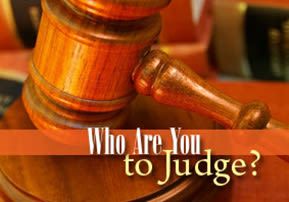



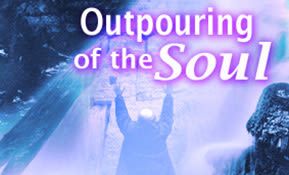


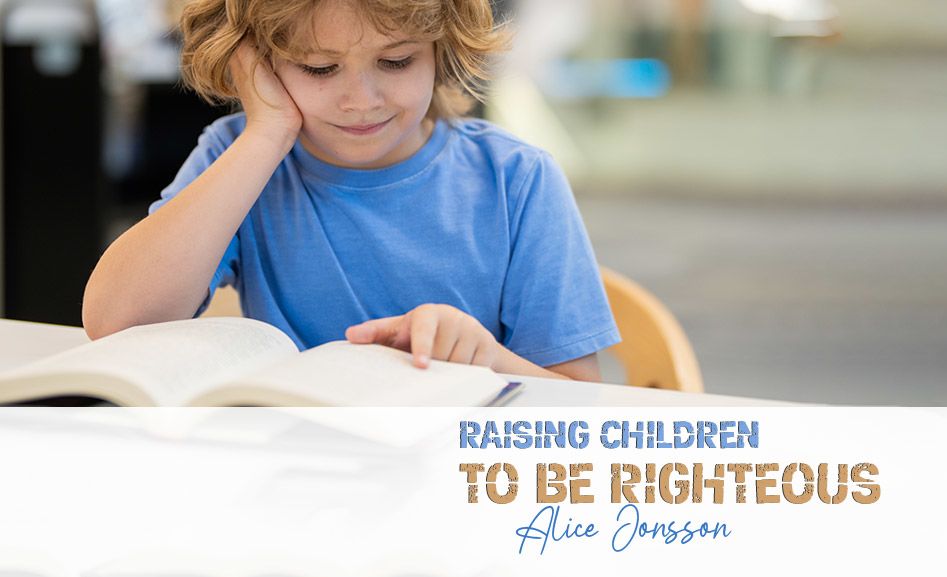
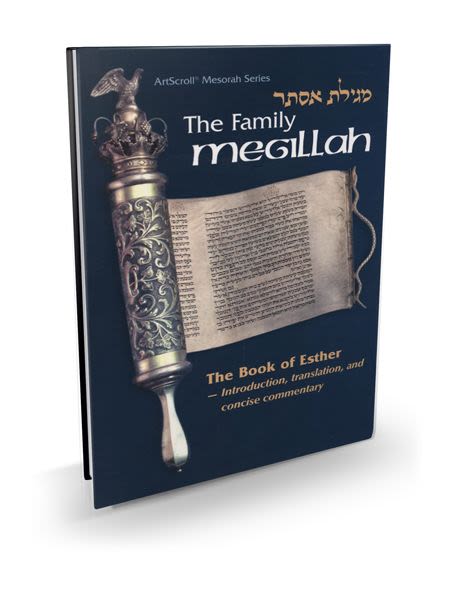
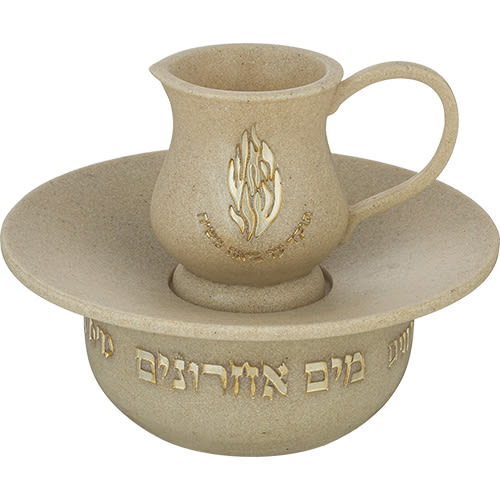

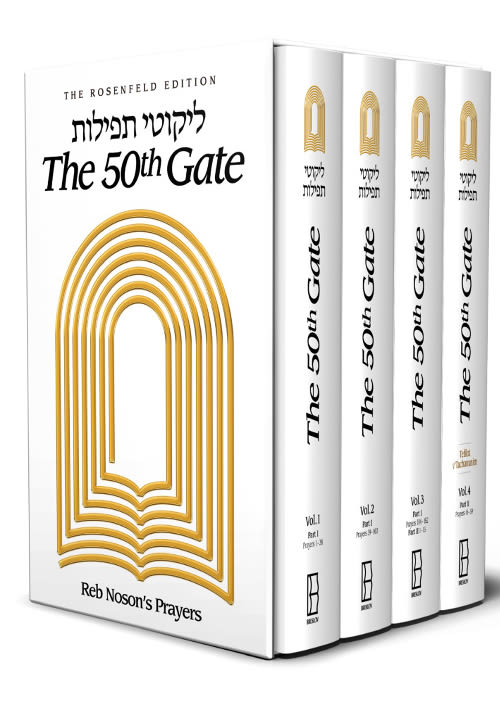


Tell us what you think!
Thank you for your comment!
It will be published after approval by the Editor.